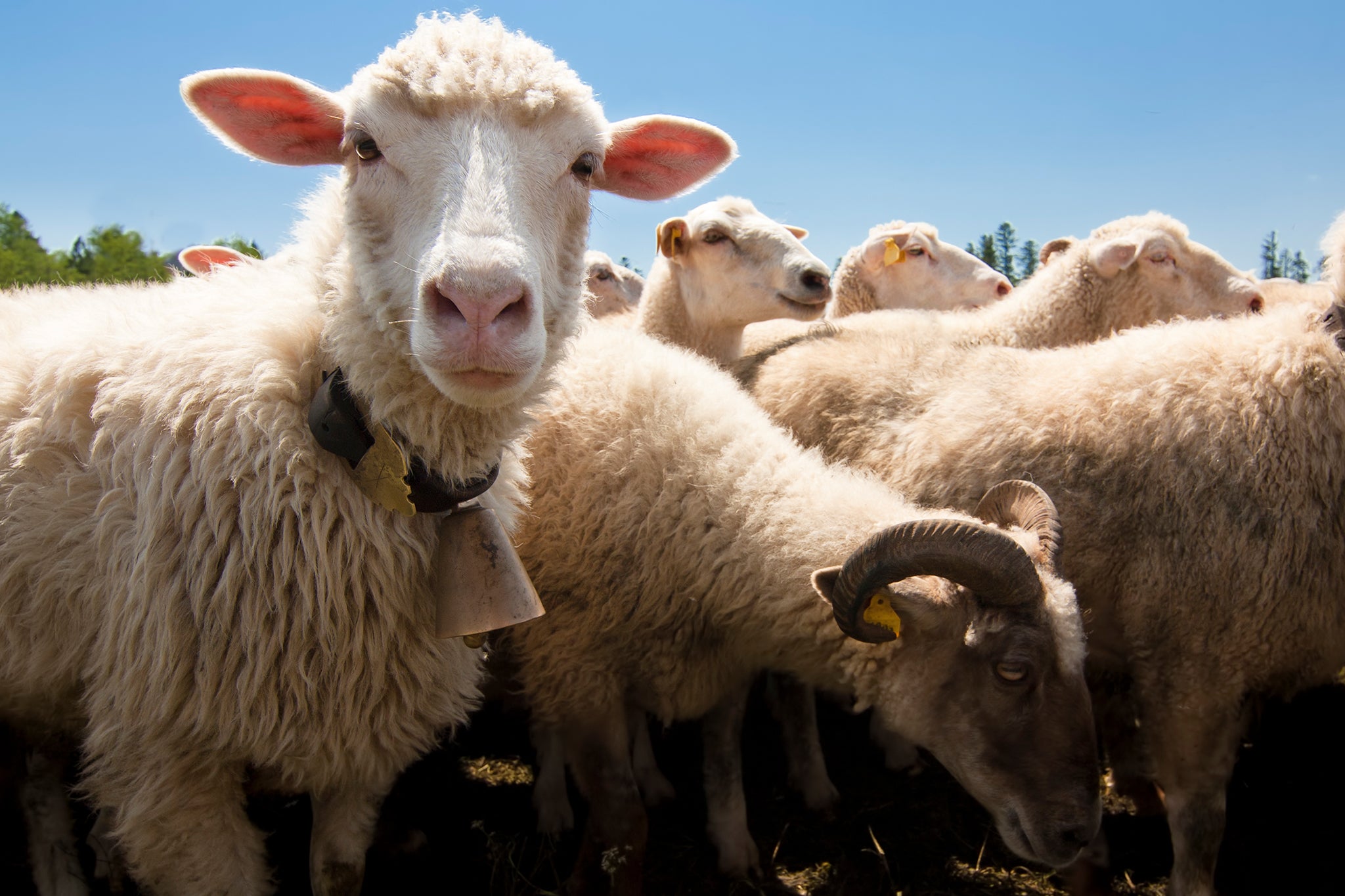Mea Culpa: stylistic preference is different from grammar
Questions of style and usage in last week’s Independent, reviewed by John Rentoul


In the editorial on Thursday, we said “different to” instead of “different from”. I prefer “different from”, but this is a stylistic preference rather than any rule of grammar. Even so, we ought to be aware that it is the preference of many people, including some who do regard it as a rule of grammar. It doesn’t matter very much, but the fewer readers who are distracted or irritated by such things, the better an article will seem.
As it happens, it wasn’t the best phrase to use in any case. We said: “Divisions within the governing party will also encourage the Lords to make it more workable, but, no different to before, the House of Commons can’t simply legislate international law away.” It would have been better to say “but, no different from before”, but better still to simplify it and say “but, as before”. Thanks to Sue Alexander for making both points.
Making up the numbers: We sometimes get ourselves in a tangle with words such as “comprise” and “constitute”, but in a report from Gaza we confused the whole idea of parts of a whole. We said: “Mr Wenkert makes up one of 45 hostages who are expected to receive medication under the agreement, according to the French presidency.” Well, so he does, but the usual way of expressing that in English is to say “Mr Wenkert is one of the 45 hostages”, which is what we changed it to.
The campaign goes on: An article about surgeons intending to leave the NHS quoted the president of the Royal College of Surgeons and the authors of a survey by the college of its members. We said: “Their comments come as the NHS faces ongoing strikes from junior doctors this year.” As Mick O’Hare pointed out, while my stylistic preference is to avoid the word “ongoing” altogether, it is the wrong word here. The phrase “as the NHS faces” implies a new threat, so we should have said “as the NHS faces further strikes” or “as the NHS continues to face strikes”.
It is surprising how often “ongoing” crops up in the company of another of my bugbears, “amid”. Last weekend we reported on problems for the hospitality industry “amid the ongoing cost of living crisis”. Enough!
Wake up, sheeple: A pedant’s old favourite (as opposed to an old pedant’s favourite, which is what I wrote the other day) is the word bellwether, sometimes used to refer to a constituency that tends to vote the same way as the country as a whole. The concept has been rather overtaken by the science of swing, invented by the late David Butler in the 1950s, which means that a general election result can be predicted from any early constituency results, but the early results from “bellwether” seats such as Basildon in 1992 still have more of an impact.
Anyway, we said that Kingswood, where there will be a by-election on the resignation of Chris Skidmore in protest against the green policies of the government, is “considered a bellweather seat”. We changed it after several readers pointed out that the metaphor is of a “wether”, a ram, that wears a bell and leads a flock of sheep. Nothing to do with a weathervane or the direction in which the political wind is blowing.
Join our commenting forum
Join thought-provoking conversations, follow other Independent readers and see their replies
Comments
Bookmark popover
Removed from bookmarks